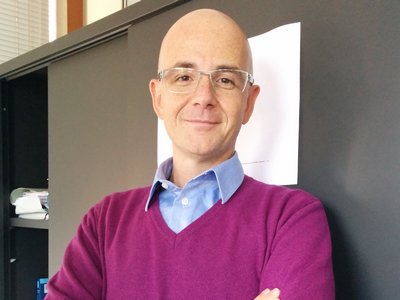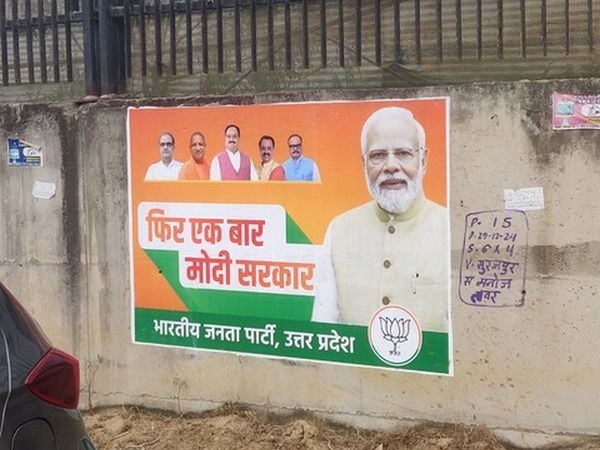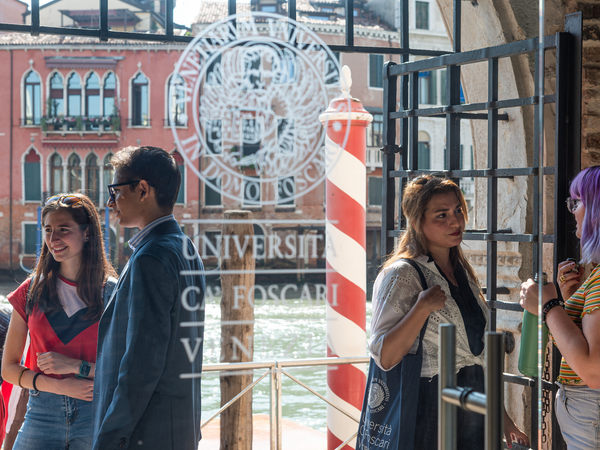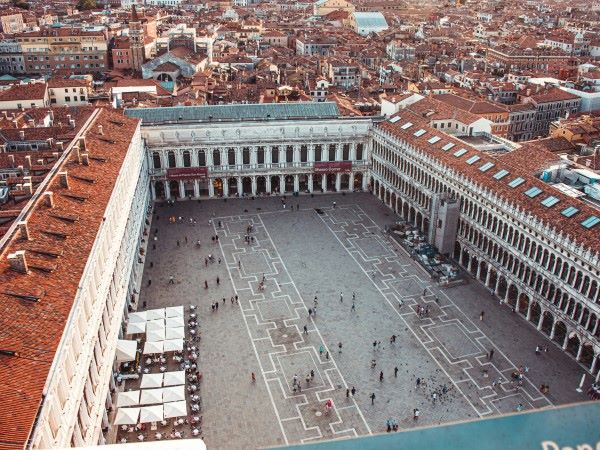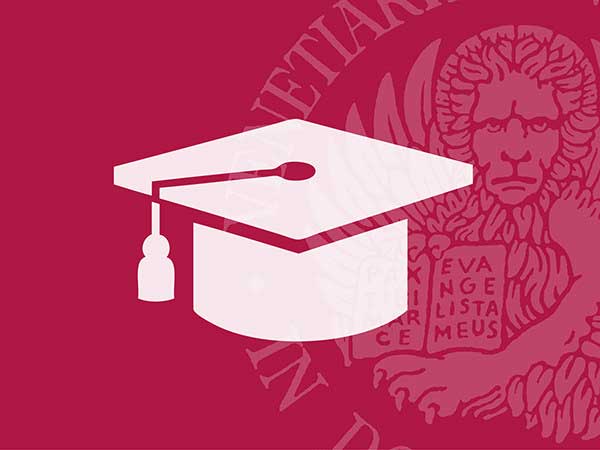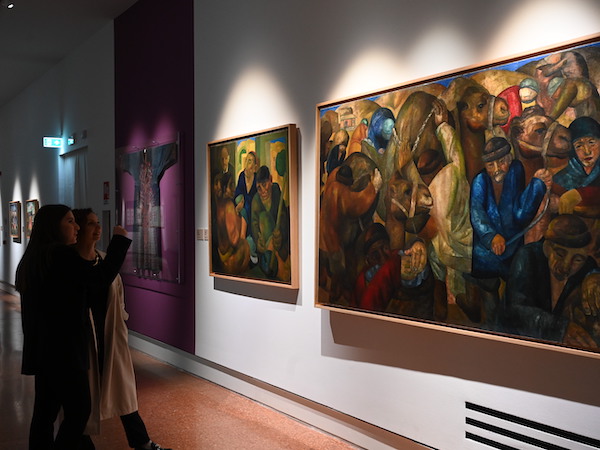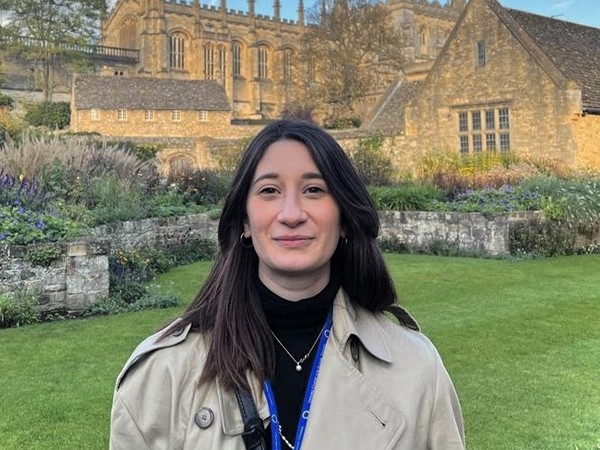Almost a decade ago, the commission appointed by Sarkozy and composed of Stiglitz (Honorary Degree at Ca’ Foscari, 2008), Sen (guest speaker at Ca’ Foscari, 2014) and Fitoussi wrote a famous rapport with 12 guidelines on measuring social well-being.
Luca Corazzini is one of the researchers included in the project, as well as being the president of the association ‘Guardavanti: per il futuro dei bambini’, and a professor of economics at Ca’ Foscari where he focuses on the determinants of subjective well-being and access to common goods.
Professor, what are the ‘determinants of subjective well-being?
Social scientist are currently interested in specific sets of variables, including economic ones. The new prevailing paradigm in social sciences (economics, psychology, sociology) is that “money can’t buy happiness” and that in addition to the “traditional” economic determinants - such as one’s wage and financial wealth there are important non-economic dimensions which have a key role in determining the level of subjective well-being: health, the quality of interpersonal relations - especially friendship and love interests -, the quality of public services, education.
What kind of investments would be required to build a ‘happier’ country?
The return on investments in culture and social awareness is immeasurable. Investing in fundamental institutions such as school, university, sport facilities or cultural, artistic, social institutions take part to building the so-called ‘civil society’ that is so often mentioned in the press. This concept is difficult to grasp but it finds in the Italian tradition its most elaborate theoric and practical approach - for instance with Enlightenment in Naples in the 18th century- which facilitates mutual trust - in the sense of fides, i.e. a link between fellow citizens in a relationship based on participation and sharing national cultural heritage. Governments in the past established ‘commissions for happiness’ to shed light on measuring their population’s well-being.
Can you explain what are these ‘commissions for happiness’?
Policy makers focused on the definition of elaborated well-being indicators which were able to evaluate economic determinants and included social and cultural ones. Good data for a good analysis: focusing on an adequate measurement definition enables states to measure the results and impacts of their policies. The ‘Sarkozy commission’ in France was established in 2009 when the president wanted to establish the fundamental criteria to measure national GDP including social, cultural and demographic dimensions.
What was the impact of the ‘Sarkozy commission’?
It certainly caused the re-evaluation of the importance of social and cultural dimensions in the definition of a proper GDP measure. GDP cannot (and should not) confine itself to measure a nation’s wealth and should include the spillovers produced by cultural and social wealth in the long run. We must consider cultural diversity as an economic growth factor. Enhancing interaction between culturally different groups is an important tool for social capitalization, as well as re-evaluating the role of the environment and a ‘human’ urban planning. We can only learn from the French experience.
From an economic professor to the President of an association dealing with an NGO that takes care of children...
I was recently appointed president of "GuardAvanti - Per il futuro dei bambini", an association that promotes development project addressing mainly children’s well-being through education, social inclusion in Italy and in the developing countries (especially in Zambia, Congo, Bolivia, Tanzania and South Sudan). GuardAvanti was created in 2011 at the initiative of the current Director, Maurizio Magli, and a few persons who shared his values and interests including me as I have always been interested in development, international cooperation and subjective well-being.
How does your association operate? Do you offer opportunities of internships or collaborations to students?
GuardAvanti’s philosophy is based on a few key principles: 1. respecting cultural diversity to take part to the creation of a culture based on cooperation and development; 2. the transparency of the NGO and of its projects; 3. an efficient management and professional project design. We also share our specific talents and skills. GuardAvanti indeed has a scientific committee which assists the project office in its “scientific” development project design - based on scientifically valid and shared results. There are many projects that include collaborations with students through internships and bilateral cooperations with universities. The interns work with the president (me) and the director (Maurizio Magli) and benefit from a training session; they work autonomously and actively participate to designing projects and managing the NGO. They also benefit from the experience of the GuardAvanti members, including skills in accounting , European project design, research, evaluation and reporting.





